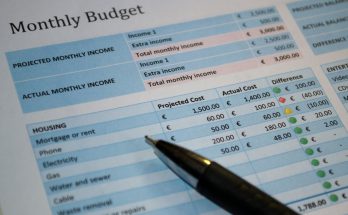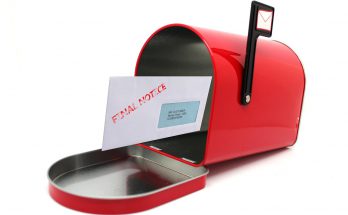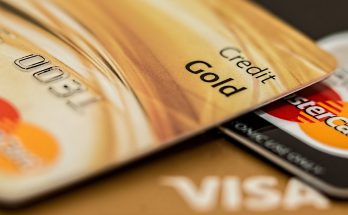
What is the 50/30/20 rule?
The 50/30/20 rule is a simple and effective budgeting technique that can help you manage your money better and achieve your financial goals. By following this rule, you can balance your spending and saving priorities and live a comfortable and fulfilling life. Remember, the 50/30/20 rule is not a one-size-fits-all solution. It is a framework that you can adapt and modify to suit your personal situation and preferences. The most important thing is to find a budget that works for you and stick to it.
Read More







